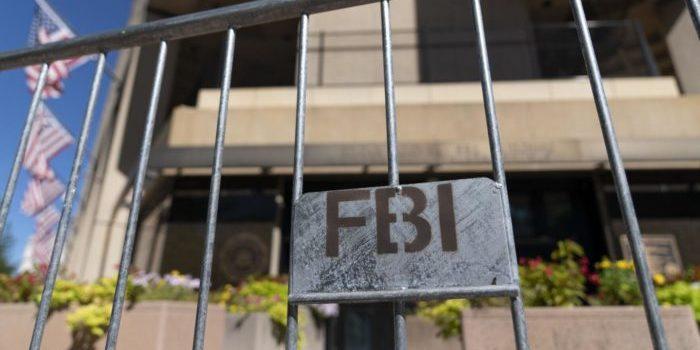(Ken Silva, Headline USA) Court records from long-running litigation stemming from the 2016 Standing Rock pipeline protest show that the FBI infiltrated the movement with up to 10 paid informants.
Until recently, only one FBI informant had been identified at the Standing Rock Sioux Indian Reservation: Heath Harmon, who reportedly gave a gun to another protestor, who was eventually arrested for it.
Information about the other informants comes from an ongoing lawsuit between North Dakota and the federal government over who should pay for policing the pipeline protestors. In that lawsuit, a deposition of Bob Perry, former assistant special agent in charge of the FBI in the Dakotas and northern Minnesota, was played in open court last month.
According to the North Dakota Monitor, Perry said that the FBI had five to 10 paid informants within the protest camp.
The left-wing outlet Grist further reported last week that the FBI also regularly sent agents wearing civilian clothing into the camps. Additionally, the Bureau of Indian Affairs had “a couple” of narcotics officers operating undercover at the Prairie Knights Casino, according to Grist, which cited the deposition of Darren Cruzan, a member of the Miami Tribe of Oklahoma who was the director of the BIA’s Office of Justice Services at the time.
Perry reportedly testified that the informants were told not to encourage criminality.
“We don’t want to know about constitutionally protected activity.” Perry reportedly said. “We would give them essentially a list: ‘Violence, potential violence, criminal activity.’ To some point it was health and safety as well, because, you know, we had an informant placed and in position where they could report on that.”
The federal government was also reportedly worried about connections between the protestors and countries such as China and North Korea, as well as billionaire power brokers such as George Soros. One agent said he was denied his request to investigate these links, according to Grist.
Ultimately, the FBI uncovered no widespread criminal activity beyond personal drug use and “misdemeanor-type activity,” another FBI official reportedly said in his deposition.
A supporter of the protestors said the FBI’s operations damage the social fabric of the Standing Rock Sioux Indian Reservation.
“The culture of paranoia and fear created around informants and infiltration is so deleterious to social movements, because these movements for Indigenous people are typically based on kinship networks and forms of relationality,” Nick Estes, a historian and member of the Lower Brule Sioux Tribe, told Grist.
The trial between North Dakota and the federal government wrapped up Thursday. A judge has yet to render a decision on the matter.
Ken Silva is a staff writer at Headline USA. Follow him at twitter.com/jd_cashless.

